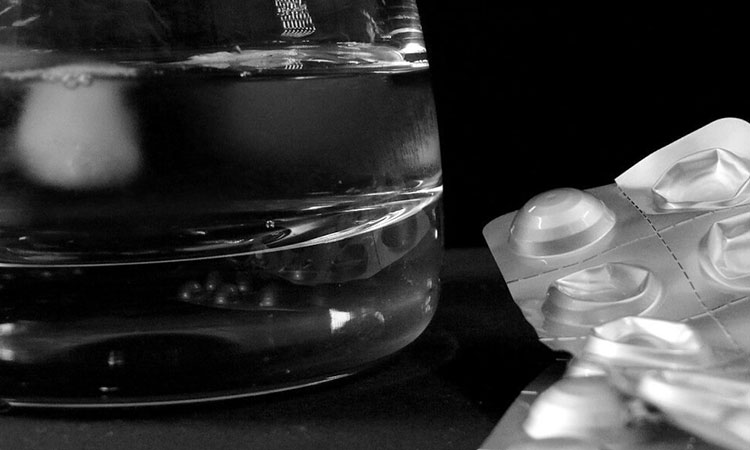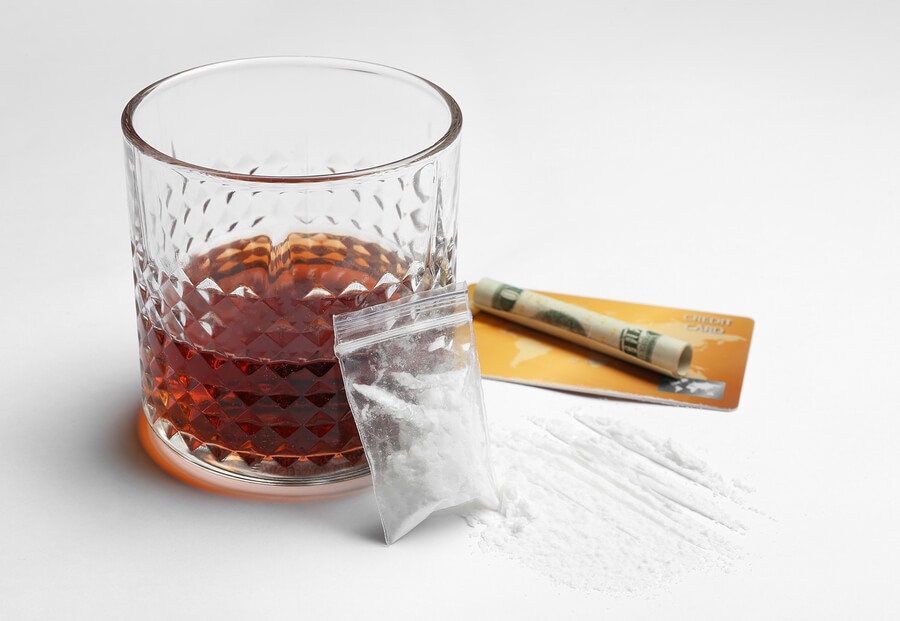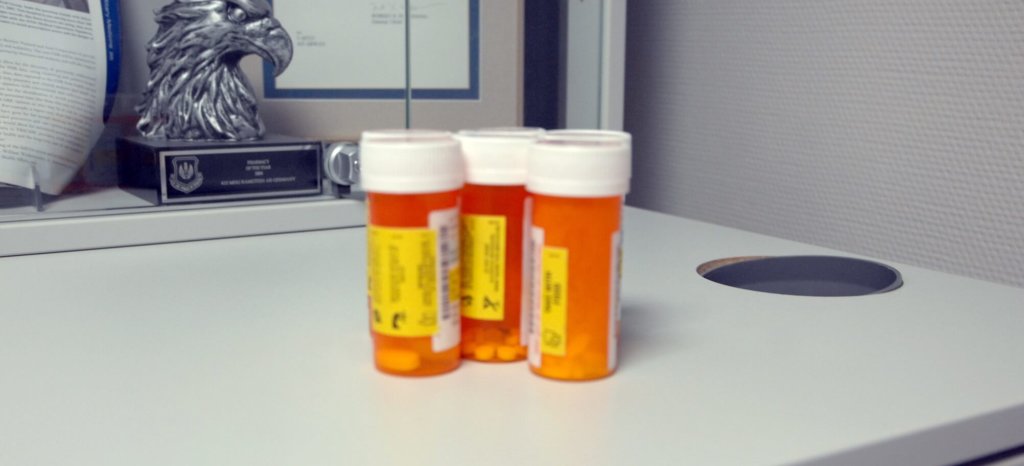
Many people who use drugs and drink alcohol together are unaware of the potentially life-threatening consequences of combined drug intoxication. Alcohol is a central nervous system (CNS) depressant, and when mixed with other depressants (i.e., opioids or benzodiazepines) the combined effect can be far more dangerous than the overuse of either substance alone.
Conversely, using alcohol with stimulants can lead to a conflict within the body as it works to make sense of the competing effects. This reaction can put an incredible strain on the heart and lead to arrhythmia (irregular heartbeat) or sudden cardiac arrest.
Finally, combining prescription or illicit drugs, even without alcohol, can be equally dangerous. Common yet hazardous combinations include, but are not limited to the following:
- Prescription or illicit opioids (heroin, fentanyl) and benzodiazepines (Xanax, Ativan)
- Prescription or illicit opioids and cocaine, meth, or prescription amphetamines (Adderall, Ritalin)
- Benzodiazepines and cocaine, meth, or prescription amphetamines
Other drugs that can cause unpredictable effects when used along with substances sans medical supervision include hypnotics, muscle relaxers, and certain antidepressants. The more drugs that are used, the more unpredictable and risky the effects will be.
Opioids and Alcohol
Prescription painkillers and illicit opioids such as heroin are highly addictive and dangerous to overuse on their own. Severe side effects may include slowed heart rate, breathing, and extreme drowsiness. When used with alcohol, the risk of life-threatening sedation and respiratory arrest can be significantly higher.
Other serious side effects of combining alcohol and prescription painkillers include the following:
- Dizziness
- Severe depression
- Extreme anxiety
- Seizures
- Dehydration
- Abnormal behavior
- Unconsciousness
- Coma
- Death
Cocaine and Alcohol

When used in conjunction, cocaine and alcohol can prompt the liver to produce cocaethylene, a hazardous chemical that can put tremendous stress on one or more major organs.
This chemical can also produce many life-threatening side effects such as cardiac arrest, brain damage, aneurysms, hemorrhage, and death.
Even without the presence of cocaethylene, combining cocaine and alcohol can lead to other dangerous effects which include the following:
- Abdominal pain
- Labored breathing
- Loss of coordination
- Anxiety
- Confusion
- High heart rate
- Heart palpitations
- Elevated blood pressure
- Coma
Benzos or Opioids and Alcohol
Opioids, benzodiazepines (benzos) and alcohol are all central nervous system (CNS) depressants, and when combined, can lead to oversedation. If this occurs, breathing may be suppressed to the point of respiratory failure and can lead to sudden death.
Other adverse side effects of combining alcohol with opioids or benzos include:
- Mania and delusions
- Slow reflexes
- Depression and suicidal thoughts
- Confusion
- Loss of consciousness
- Severe mood swings
Ecstasy (MDMA) and Alcohol
Ecstasy, also known as MDMA or Molly, is a popular drug among teenagers and young adults, especially at parties, raves, concerts, and clubs. Combining ecstasy with alcohol can enhance feelings of energy and euphoria, but can also result in an intense comedown or crash. When using ecstasy, the person may feel as if they can drink more than usual and remain relatively sober – for this reason, however, alcohol poisoning is also more likely to occur.
Other adverse side effects of mixing alcohol and ecstasy include the following:
- Anxiety
- Dehydration
- Risky behavior
- Insomnia
- Depression
- Aggression
- Heart attack
- Liver damage
- Kidney damage
Opioids and Benzos

Both opioid medications (oxycodone, hydrocodone, etc.) and their illicit counterparts (heroin, fentanyl, etc.) have a high potential for misuse, abuse, and addiction when taken alone. When taken in any combination, all of these risks increase exponentially.
In fact, according to the American Society of Addiction Medicine, from 1999-2006 there was a 250% rise in prescription opioid-related overdose fatalities in the United States, and over half of those were the result of mixing painkillers with another drug, usually benzos.
This drug cocktail is particularly dangerous because benzos enhance the effects of opioid painkillers. In long-term opioid users, tolerance occurs, which means they no longer experience the same desirable effect from their drug of choice.
But when benzos are added, they may find they can return to that initial euphoria, not realizing that the effects of the two drugs combined increase exponentially and significantly raise the risk of oversedation, respiratory distress, and eventual death by overdose.
Symptoms of an overdose of depressants include:
- Pinpoint pupils
- Unconsciousness
- Respiratory depression
- Unresponsiveness
- Confusion
- Reduced reaction to stimuli
- Brain damage
- Coma
- Death
Opioids and Stimulants
Mixing stimulants and depressants such as amphetamines, cocaine, or meth can ultimately result in a tug-of-war in the body as it fights to make sense of the conflicting messages that occur due to the use of a CNS depressant and CNS stimulant.
Moreover, opioids, including prescription drugs and heroin, are sending signals to depress the nervous system, while amphetamines/cocaine are trying to accelerate it. This effect can result in a cancelation of some of the adverse symptoms of either drug, and the user may erroneously believe that he or she is merely experiencing a euphoric high, unaware that they have taken a dangerous amount of either drug.
Dangerous symptoms of mixing depressants with stimulants include:
- Abdominal pain
- Difficulty breathing
- Loss of coordination
- Anxiety and confusion
- Heart palpitations
- Increased blood pressure
- Coma
- Cardiac arrest
- Death
Getting More Information
We provide a comprehensive, holistic method to treatment, encompassing a wide array of different evidence-based practices in combination. All of Midwood Addiction Treatment’s primary therapists are either licensed or master’s level clinicians.
Our programs are structured with various components of evidence-based treatment practices and holistic approaches to treatment that provide our patients with the knowledge and tools they need to be successful in their recovery.
Call us now to learn about our treatment options.